Early slab leak detection can make all the difference in the world when it comes to protecting the overall structural integrity of your home from water damage while also extending the longevity of your plumbing and drainage system.
Regularly ensuring that your building’s piping doesn’t have any leaks can help you save a lot of money on expensive repairs in the future.
You’d be surprised at how much damage a slab leak can cause even if it goes unnoticed for just a short time.
Luckily there is some DIY you can exercise, in that there are signs you can look out for to help with early slab leak detection.
Today, we’ll be discussing these signs and also diving further into understanding what slab leaks are and how they can be avoided.
Slab Leaks – Explained
If your home has been constructed using a concrete slab foundation, as with most homes nowadays, then you’ll find plumbing running underneath the concrete slab.
At times, there can be a leak or crack in the plumbing, causing water to leak into the area underneath your concrete slab, causing major water damage to your house’s walls, drywalls, flooring, and even your outdoor landscaping.
The increased moisture also significantly increases the risk of mold and fungus developing and spawning rapidly. If the funky smell of the mold isn’t bad enough, the health risks due to exposure present even more complications.
Think of your building’s foundation as having two sides. The pressure side is where the water comes in from, and the drainage side is where the water goes out.
Leaks on the pressure side are easier to detect but cause a lot of damage in a very short amount of time. Leaks on the drainage side, on the other hand, are a lot more difficult to detect and they cause damage only over long periods.
The Causes of Slab Leaks?
Now that we’ve understood what a slab leak is and why early slab leak detection is important, it’s important we also understand the causes of a slab leak.
The three main reasons for a slab leak are usually poor workmanship, abrasion, and corrosion.
Poor Workmanship
Plumbing is an integral and core part of any building’s infrastructure. As such, piping must be installed methodically under the concrete slab foundation.
If not, there’s a strong possibility the pipes start to strain once the entire house is built on top, and with time they’re sure to leak and crack.
At times, the pipes are cracked or damaged even before they are installed, and contractors miss out on these defects while working.
Abrasion
Due to the changing pressure of the water that flows through the pipes and the changing temperature of the water, it’s only natural that the pipes will constantly expand and contract.
This can result in natural wear and tear, especially on pipes that are installed in places where they are exposed to tough materials, such as concrete and gravel.
Over the years the abrasion against these tough materials can eventually cause the pipes to crack, burst, or leak.
Corrosion
Over time pipes buried underneath the house can corrode due to their constant exposure to soil. Corrosion can also be caused by water flowing through the pipes, especially faster if the water’s pH levels are inconsistent.
Enough corrosion can weaken the pipes to the point where they can crack and even explode, leaking water under the concrete slab foundation.
Shifts In the Soil & Foundation
In the event your house shifts on its foundation, a great deal of strain can be placed on the pipes causing cracks and leaks.
Sometimes the soil under your house can also shift, which can cause pipes to loosen or crack. The shifting of the soil and foundation happens mainly due to natural causes such as minor earthquakes, heavy rainfall, and other geological factors.
Signs To Help with Early Slab Leak Detection
Considering the amount of damage that a slab leak can cause, slab leak detection must be done as early as possible.
Not only that, but early detection can also help in saving the environment and conserving water, as the Environmental Protection Agency states that slab leaks account for a loss of more than 90 gallons (or more) per home per day.
So, the earlier a slab leak is detected the better it is for everyone. Detection using the naked eye is not possible, since the foundation and plumbing are buried under the house, but there are some signs you can look out for to help you determine whether you need to call a professional to confirm if you have a slab leak.
1. An Increase in Your Water Bill
If the water usage in your house is pretty consistent, then a sudden spike in the water bill can be an indicator of a leak. You’ve either used more water than you realized or you’ve got a leak.
You’ll need to keep an eye on multiple consecutive bills to make sure the spike in the payable amount continues.
This may sound like extra work, but it’s a good idea to keep a close eye on your bills anyways even if there is no leak.
2. The Sound of Water
If you’re hearing water running in your walls, even after you’ve made sure that all the taps in the house are closed, you might be dealing with a leak.
One more thing you could do is to mark your water meter after you’ve closed all the taps in the house, and then check the reading again after a little while.
If there is any movement on the meter still, then there’s a strong indicator that water is still running and you have a leak.
3. Low Water Pressure
If your water pressure suddenly changes and slows down, then there’s a chance you leak.
You should know that low water pressure can be caused by several other factors including debris, buildup of minerals in pipes, faulty valves, and leaks elsewhere in the house.
However, if you’ve ruled out all of these factors then it’s possible that the low water pressure is being caused by a slab leak. Another indicator is to run water points nearer to the slab and if the water pressure is low then you’re a step closer to solving your slab leak issue.
4. Different Problems Around the House
There is a range of issues and damage that can be caused by a slab leak, which makes early slab leak detection only that much more important.
One of the most common problems is the buildup of odor caused by the buildup of moisture and, possibly, mold and fungus. Not only is the smell unpleasant, but prolonged exposure to mold and fungus can also cause health problems.
Your landscaping can also suffer, with grass starting to grow unevenly and parts of the landscape sinking or shifting due to loose, wet soil.
Another rather expensive issue is cracks in the floors, walls, and, in some cases, even the foundation slab itself.
Why Should You Fix a Slab Leak Immediately?
The biggest risk of a slab leak is the damage it can cause to the foundation.
At first, the leakage can cause cracks in the concrete, but if enough time passes there might even be movement in the foundation.
The resulting instability and overlying pressure of the house could even cause the house to sink or, even worse, collapse completely.
Considering the risk to one’s health and life, slab leaks are an issue that should be resolved immediately.
How To Find and Fix a Slab Leak?
While you can be diligent and look out for signs of a slab leak, complete and accurate slab leak detection, and confirmation can only be done by professionals.
The reason is that finding, confirming, and fixing the leak requires two very important things.
The first requirement is tools.
These can be destructive tools like shovels and drillers, or more expensive non-invasive, and non-destructive tools like electromagnetic pipe locators and electromagnetic amplifiers.
The advantage of these non-destructive tools is that they save time and, therefore, money. However, their expensive price tag makes them a rather inefficient purchase, especially when you consider the second important requirement of finding and fixing a slab leak.
The second requirement is knowledge and experience.
You need someone who has an in-depth understanding of plumbing or foundations, otherwise, you risk causing even more damage, possibly irreparable.
Slab leak detection is easy work for an experienced plumber, and they’ll have all the necessary equipment (even possibly non-invasive tools) and scanners to make quick work of it.
Once the leak has been located, there will be a few options available to you for repairs, that depend mostly on the severity of the damage and how old the piping of the house is.
It is possible that you might just need to add a sealant foam to fix a small crack, or you’ll need to end up replacing some or even all of the piping.
Sealants can be inserted into the piping by drilling a small hole, but any repairs involving a replacement will require removing sections of the floor and concrete.
Another, somewhat visually unappealing option, is to leave the piping, concrete, and floor untouched and have new pipes routed outside of the foundation.
How Much Does Slab Leak Repair Cost?
Once again, depending on the damage, scope of work, and scale of the project costs can range anywhere from $500 to $5000. If the damage is so severe that it requires a complete slab replacement, then be prepared to pay up to (or even more than) $10,000.
Slab leak repairs aren’t a DIY job. Always opt to hire a proper professional residential plumbing service provider, if you can, rather than a handyman. It does make a difference and you’ll find you get a lot more value for money with a professional service.
You should also know there’s very little chance that your homeowner’s insurance will offer coverage for slab leak detection and repairs.
FAQs
Q) How do you detect a leak under a slab?
There are several signs you can look out for including sudden spikes in your water bill, low water pressure, the sound of water running through the walls even when no one is using any of the taps, and a bad odor. However, to confirm if you leak, you’ll need to hire a professional who can locate exactly where the leak is and assess the kind of damage it has already done.
Q) What is a slab leak test?
Here’s a top tip! To figure out whether you could have a slab leak simply make sure all the taps and water outlets in your house are tightly shut, ensure there are no visible leaks, and then mark the reading on your water meter. After an hour check your meter again to make sure it hasn’t gone up; if it has then you may have a slab leak.
Q) Why is slab leak detection vital?
If you leave a slab leak undetected and don’t carry out the necessary repairs, you risk damaging your house walls, flooring, and even roofing depending on where the leak is. In extreme cases, the foundation itself could compromise the structural integrity of the house entirely.
Q) Are slab leaks hard to find?
Slab leaks can be hard to find especially if it’s a small leak in a conspicuous part of the foundation. While there are signs that can indicate a slab leak, having a professional makes finding and confirming the leak a lot easier.
Do You Need Professional Services?
If you live in Southern California and suspect your home or commercial property has a slab leak, inquire about our slab leak detection and repair services.
In the event of a slab leak, you want experienced and trusted plumbers who have the right equipment and tools to carry out the job effectively and efficiently. Our licensed, bonded, and highly experienced plumbers are the experts when it comes to all things plumbing and can handle any plumbing task no matter how big or small.
Use our coupons to get amazing discounts. For booking contact us at 888-300-9648.
With a wide range of services and competitive rates, you’re sure to find a solution to all your plumbing needs. Here are the areas we operate in:
- Orange
- Newport Beach
- Cerritos
- Anaheim
- Long Beach
- Bellflower
- Tustin
- Santa Fe Springs
- West Covina
- San Marino
- El Monte
- Aliso Viejo
- Brea
- Buena Park
- Capistrano Beach
- Corona Del Mar
- Costa Mesa
- Cypress
- Dana Point
- Foothill Ranch
- Fountain Valley
- Fullerton
- Garden Grove
- Huntington Beach
- Irvine
- La Habra
- La Palma
- Ladera Ranch
- Laguna Beach
- Laguna Hills
- Laguna Niguel
- Laguna Woods
- Lake Forest
- Los Alamitos
- Midway City
- Mission Viejo
- Placentia
- Rancho Santa Margarita
- San Clemente
- San Juan Capistrano
- Santa Ana
- Seal Beach
- Silverado
- Stanton
- Sunset Beach
- Surfside
- Trabuco Canyon
- Villa Park
- Westminster
- Yorba Linda
- Alhambra
- Altadena
- Arcadia
- Artesia
- Azusa
- Baldwin Park
- Bell Gardens
- Beverly Hills
- Burbank
- Calabasas
- Canoga Park
- Canyon Country
- Carson
- Chatsworth
- Claremont
- Compton
- Culver City
- Diamond Bar
- Downey
- Duarte
- El Segundo
- Encino
- Gardena
- Glendale
- Glendora
- Granada Hills
- Hacienda Heights
- Harbor City
- Hawaiian Gardens
- Hawthorne
- Hermosa Beach
- Huntington Park
- Inglewood
- La Canada Flintridge
- La Crescenta
- La Mirada
- La Puente
- La Verne
- Lakewood
- Lancaster
- Lawndale
- Lomita
- Los Angeles
- Lynwood
- Malibu
- Manhattan Beach
- Marina Del Rey
- Maywood
- Mission Hills
- Monrovia
- Montebello
- Monterey Park
- Montrose
- Newhall
- North Hills
- North Hollywood
- Northridge
- Norwalk
- Pacific Palisades
- Pacoima
- Palos Verdes Peninsula
- Panorama City
- Paramount
- Pasadena
- Pico Rivera
- Playa Del Rey
- Playa Vista
- Pomona
- Porter Ranch
- Rancho Palos Verdes
- Redondo Beach
- Reseda
- Rosemead
- Rowland Heights
- San Dimas
- San Fernando
- San Gabriel
- San Pedro
- Santa Clarita
- Santa Monica
- Sherman Oaks
- Sierra Madre
- Signal Hill
- South El Monte

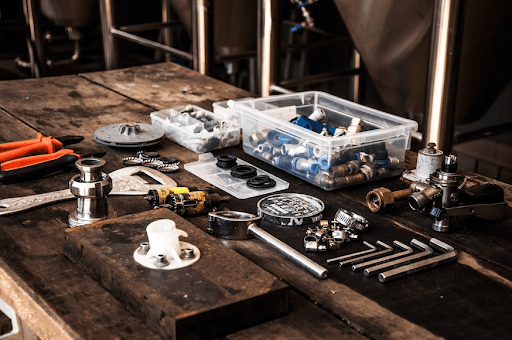
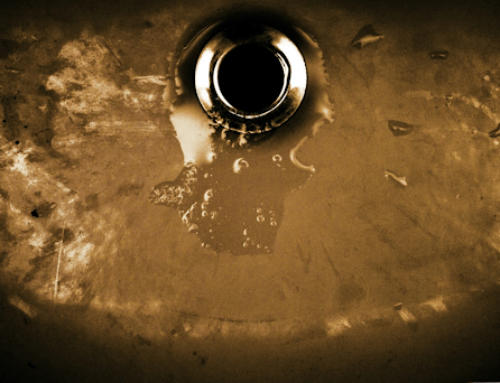
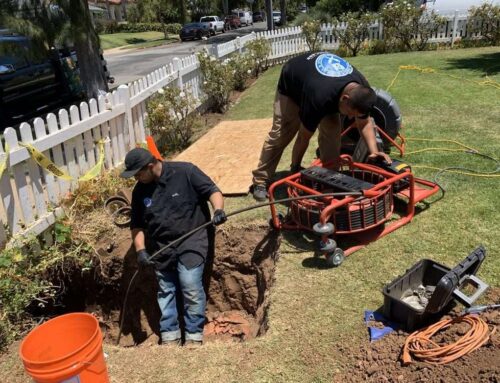
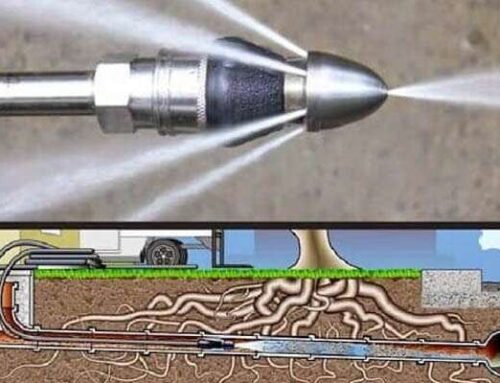
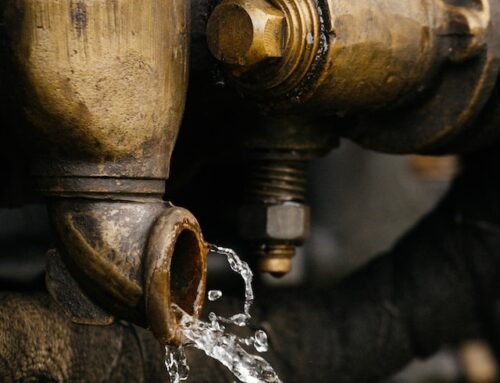
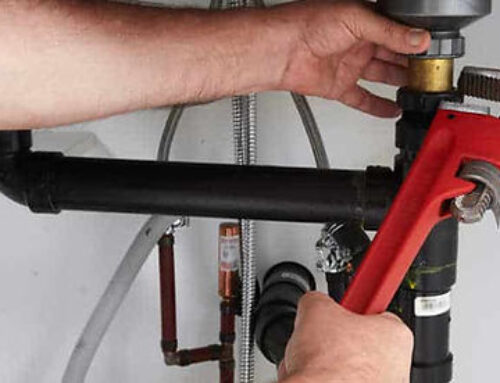
Leave A Comment